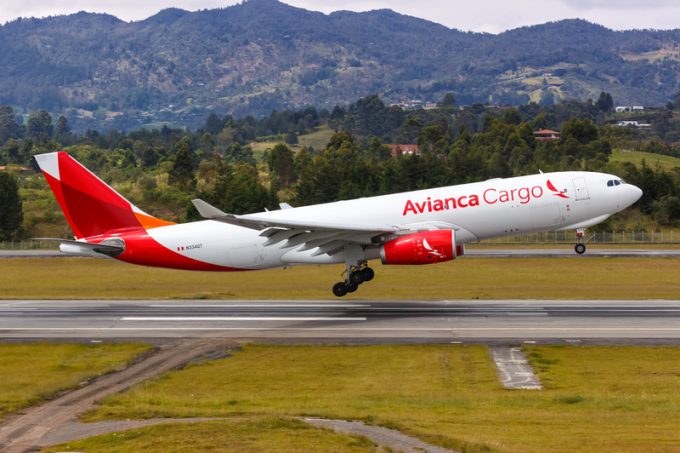The air cargo industry is undergoing a strategic transformation as carriers increasingly turn to partnerships to navigate market uncertainties. Avianca Cargo Mexico's recent alliance announcement marks the 14th major cargo partnership formed in 2025 alone, reflecting an industry-wide response to fluctuating demand and capacity challenges.

Key drivers behind this trend include:
Market Volatility: Global air cargo volumes showed just 1.8% growth in Q1 2025 after 7.2% contraction in 2024
Capacity Optimization: Average freighter utilization rates dropped to 58% in 2024 from pre-pandemic 72%
E-commerce Boom: Cross-border e-commerce shipments now account for 28% of air cargo, requiring expanded networks
Avianca's partnership strategy focuses on three critical areas:
Latin American Connectivity: Leveraging Mexico's 19% growth in pharmaceutical shipments
Technology Integration: Implementing blockchain tracking for 90% of high-value cargo by 2026
Sustainability Commitments: Targeting 30% SAF blend for transatlantic routes
Industry analysts note these alliances create operational synergies while maintaining brand independence - a crucial balance when 63% of shippers prioritize network reliability over cost savings. The partnership model also enables carriers to share the $2.8 million average cost of freighter conversions to meet 2027 emissions standards.
This collaborative approach appears effective, with partnered carriers reporting 17% higher on-time performance than independents. As the industry prepares for IATA's 2026 carbon regulations, such alliances may become essential for survival rather than strategic choices.
